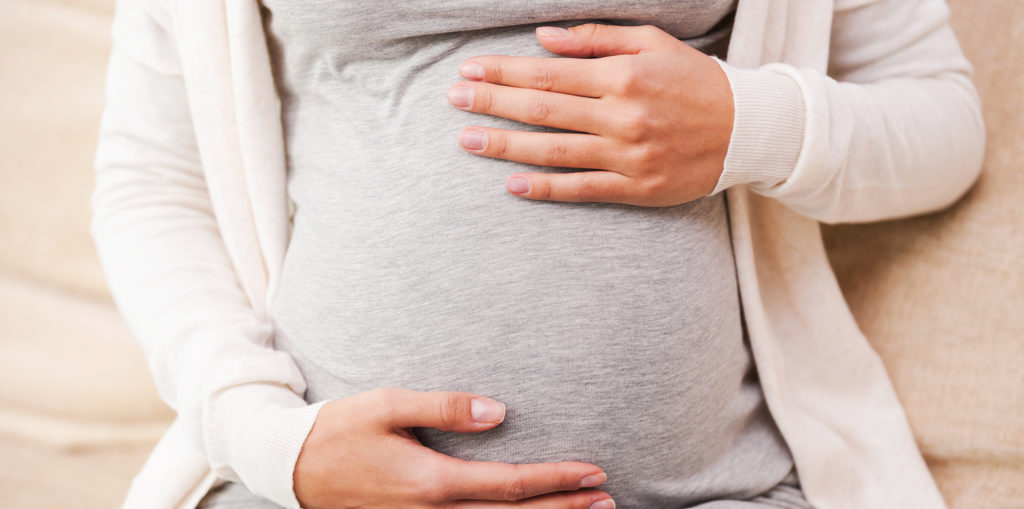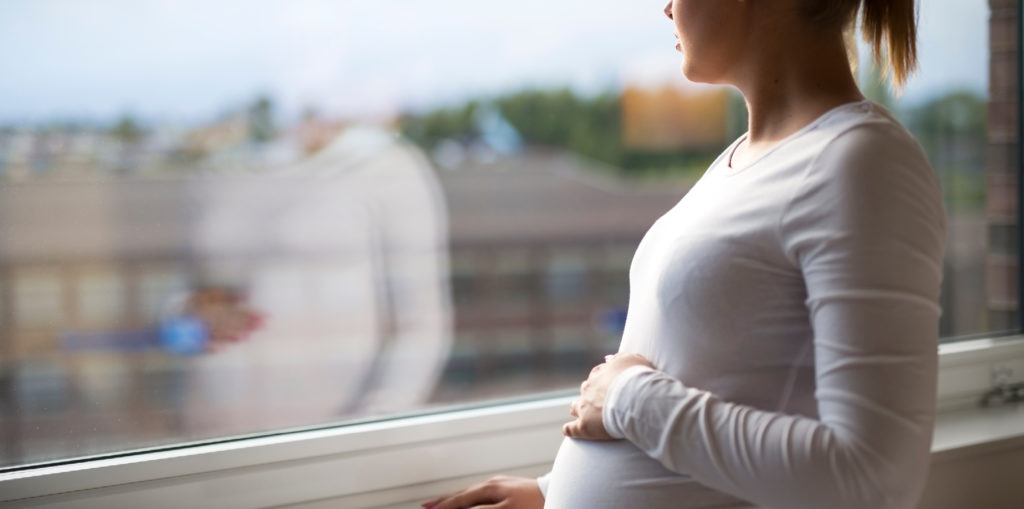Could Beneficial Bacteria Protect Babies from Autism?
The cluster of developmental disorders linked to autism spectrum disorder (ASD) is one of the greatest challenges many American families will face.
Autism presents itself uniquely in each child depending on the range and intensity of his/her symptoms, typically with communication and social skills.
One out of 54 children (18.5 out of every 1,000) experience ASD to some degree, according to recent statistics reported by the CDC just from 2016, and the numbers keep climbing.
Over the years, evidence has shown connections between gut health and ASD that are hard to ignore. Often, studies show ASD children possess a distinctly different mix of gut bacteria than those who aren’t living on the spectrum.
Although consistent treatments remain elusive, future moms may be able to reduce some ASD risk factors for their newborns with some gut-friendly help.
Moms: Don’t stress out!
Stress can be a real problem, not only for new moms but their babies (both before and after they’re born). Stress may lead to serious problems, including miscarriages, preemie births and developmental delays.
In previous research, University of Colorado scientists observed how female rats that were stressed and given the drug terbutaline (prescribed by doctors in some cases to delay premature birth) later gave birth to pups presenting autism-like symptoms.
For this new study appearing in Brain, Behavior and Immunity, Colorado scientists conducted essentially the same experiment with one major difference: another group of mice was inoculated with a species of beneficial bacteria known for its lasting anti-inflammatory effects on the brain (M. vaccae).
Female mice injected with beneficial bacteria had pups that didn’t experience autism symptoms compared to those that didn’t receive it.
No autism vaccine!
Researchers were quick to throw cold water on any assumptions they were creating a “vaccine” for autism, or that microbial interventions could relieve ASD symptoms in children (although there’s documented evidence that some have benefitted from it).
However, a day may come in the not-too-distant-future when stressed-out moms who are at a higher risk of having a child with challenges like ASD could be given a probiotic or be inoculated to support healthy brain development, says Dr. Christopher Lowry, co-author of the Colorado study.
Based on the positive results of studies like this one, researchers recommend that new moms consider gentle approaches to preventing potential problems with ASD with an emphasis on bacteria.
Some of these interventions for new moms include lowering their stress levels with a walk in nature surrounded by microbes (remember the hygiene hypothesis?), eating fermented foods and taking a probiotic.
For a new mom wanting to give her body a gut-friendly boost, EndoMune Advanced Probiotic provides a plethora of benefits from the Lactobacillus and Bifidobacterium families, plus a proven prebiotic (FOS) that feeds the beneficial bacteria in her gut.
Resources
Could Beneficial Bacteria Protect Babies from Autism? Read More »


